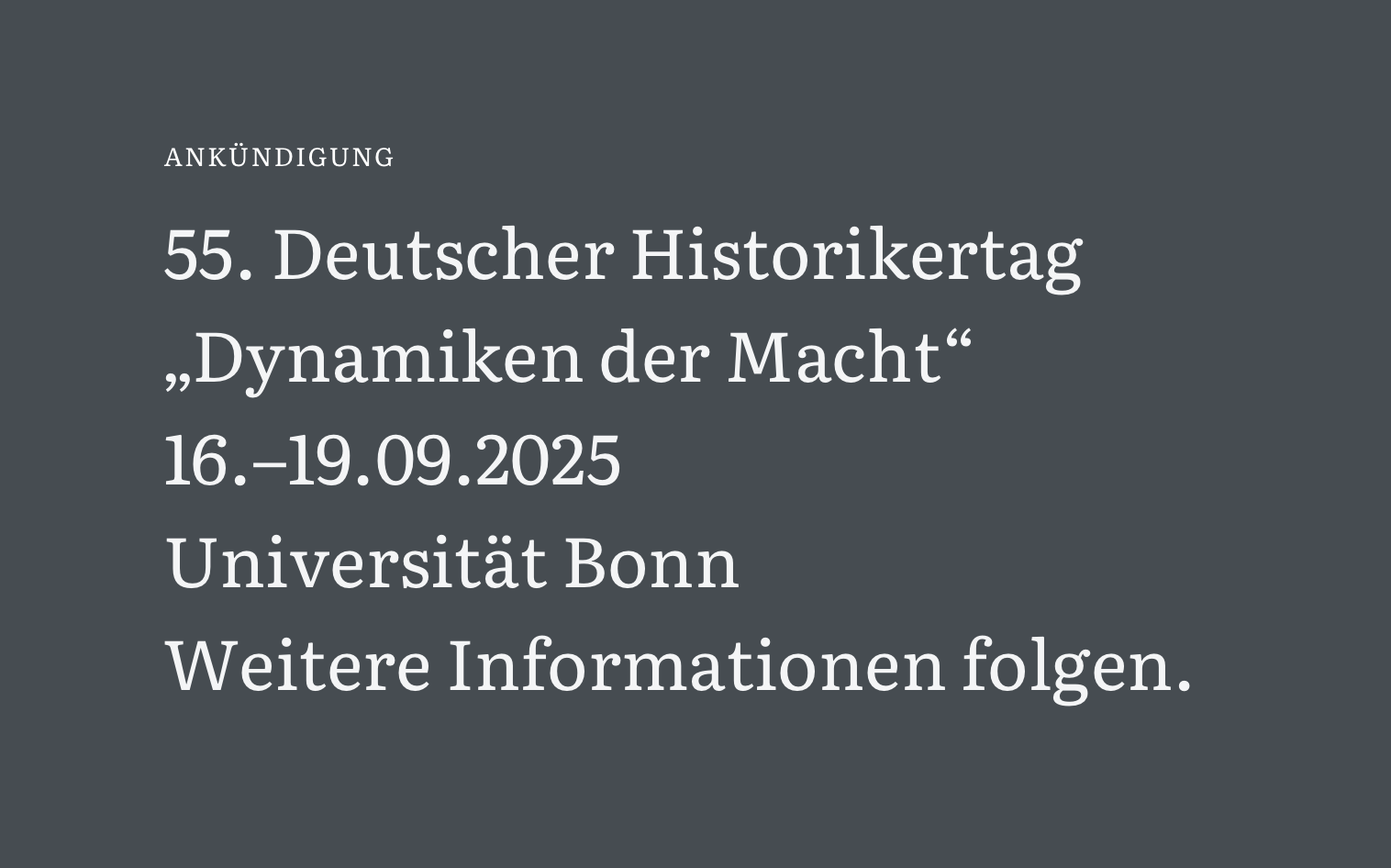Deutscher Imperialismus revisited: Neue empirische Zugänge zur Sozial- und Wirtschaftsgeschichte des deutschen Kolonialismus
Racism is a surprisingly under-theorized term in the German debate for pre-1933 history. The paper will illustrate how, using the example of German imperial politics (1884-1914), racism has determined labor policies and influenced migration movements not only as a theoretical concept but as a practical discourse. The paper argues for an intersectional understanding of „labour“ as an intrinsic part of colonial rule.
The paper turns to the history of colonial railway construction from a company history perspective. For the construction companies involved, the building of colonial railways in Africa was part of an increasing internationalisation of their business at the turn of the century. This was reflected, among other things, in the transfer of knowledge and personnel. In contrast, the history of German colonial railway construction has so far been examined primarily for individual colonies and tracks. Using company archives, the article therefore asks more about connections between construction sites, across colonial state borders, and about exchanges between state and company actors.
Labour was the nerve center of the colonial economy. Just how this labour moved in the colonial spaces have not been given adequate attention especially in Cameroon. This paper focuses on technologies which facilitated the mobility of labour in Cameroon during the mandate period. These technologies were constructed by Germans and have remained extant albeit the departure of the Germans. In a more profound way, these technologies of labour mobility included railway gauges and bridges and roads but were taken back by the British when the German were expelled from the territory. Between 1924 and 1946, because of the inability of the British to manage the plantations and to an extent, transport infrastructure, the German were back in the territory
The history of colonial business in German Cameroon is largely presented as “Economics of coercion” (Gann/Duignan). However, this interpretation denies African agency in Cameroon’s colonial economy. This paper focuses on how African entrepreneurs dealt with European rule and colonial capitalism. Accounts of African entrepreneurs show that while coercion undeniably was a part of the colonial economy, Cameroon was also land of opportunity for some Africans who used the new conditions to their own ends. Especially the booming rubber trade opened possibilities for enrichment. It becomes clear that the colonial economy of Cameroon largely relied on African entrepreneurship.
Between colonial persistence and new economic paradigms, the history of post-colonial economic relations between the Federal Republic of Germany and Africa in general from the 1960s to 1999 carries with it many challenges that are still little known. Our study aims, on the basis of a cross-analysis of archival and oral sources and in the light of post-colonial German-Cameroonian economic relations, to put into perspective the transformations and changes that have fundamentally and contextually shaped the post-colonial economic relations between the two countries.
Imperial rule depended on transportation infrastructures. Shipping connections made ruling and exploiting overseas colonies possible in the first place and were fundamentally expanded by the advent of the steam engine in the 19th century. This paper examines the dynamics of a multinational corporation’s relationship with German colonial rule. Using the example of the Woermann Line, which emerged from the Hamburg trading house C. Woermann, it illuminates the importance of logistics companies in advancing and sustaining colonial rule. By providing essential infrastructural services, the Woermann company’s relationship with colonial rule became ever closer, virtually symbiotic.

